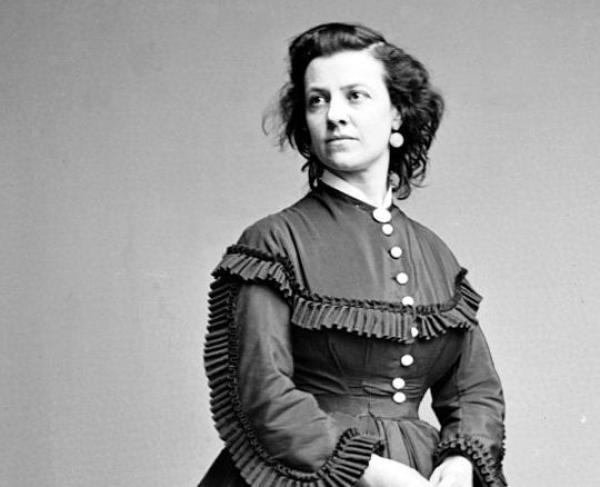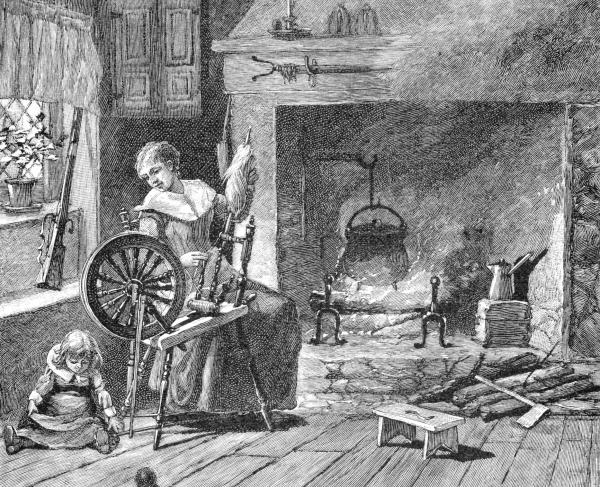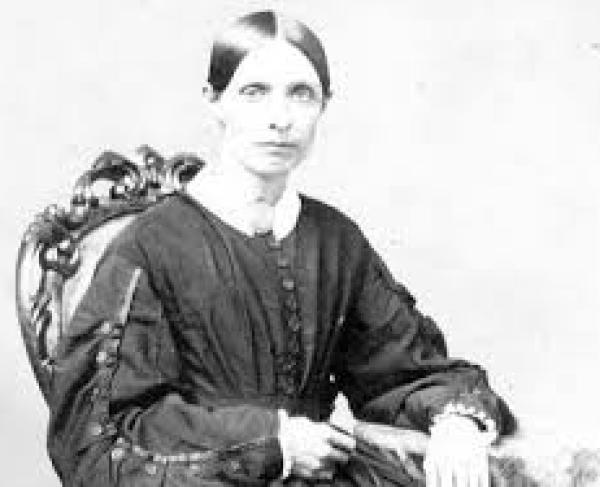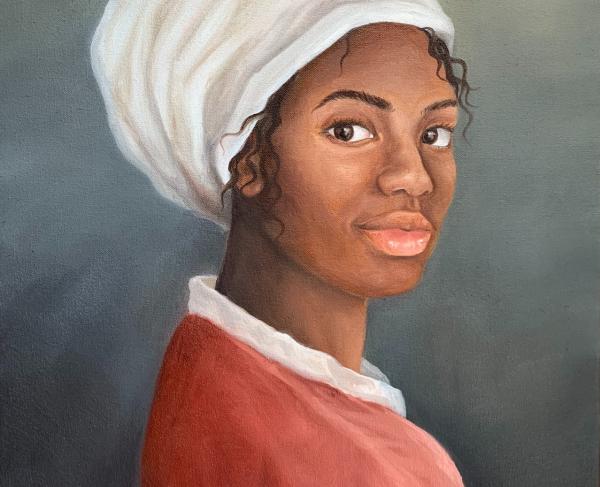Pauline Cushman

In April 1863, Pauline Cushman was performing in the play The Seven Sisters at a theater in Louisville, Kentucky, when she was approached by two paroled Confederate officers. These officers asked her to make a toast to the Confederacy during the performance. They even offered her $300. Cushman, unsure about the proposal, went to Colonel Orlando Hurley Moore, the U.S. Provost Marshal, in Louisville for his advice. In response, he told her to accept the proposition and report back to his office the next day. Perplexed, she agreed, offered the toast, and was promptly fired from the theater. When she returned, Moore offered her the job as a Union spy.
Born as Harriet Wood, Cushman’s family moved from New Orleans, Louisiana to Grand Rapids, Michigan, to establish a Native American Trading Post when she was very young. With her seven brothers, Cushman learned how to ride horses, shoot shotguns, and canoe down the local rivers. However, she dreamed of the glamorous life of an actress and set off to New York City when she was eighteen. This venture proved harder than expected. She couldn’t find work in the city, but eventually was hired by a theater manager based in New Orleans. Going back to the city of her birth she changed her name to Pauline Cushman and became well-known for her full-figure and seductive charms. Through the theater, she met her future husband Charles Dickinson, a music teacher and theater musician. The couple married and moved to Cleveland, Ohio, to be closer to his family. They had two children that died in infancy. On the onset of the Civil War, Charles enlisted with the Union Army as an infantry musician. He died of dysentery in 1862.
As a Union Spy, Cushman used her acting skills to pose as a Confederate sympathizer in both feminine and masculine dress in order to gain information. Posed as Southern woman in a boarding house, Cushman was able to stop the poisoning of Union soldiers by the boardinghouse’s mistress. The mistress revealed to Cushman that she had purchased powdered poison and planned to sprinkle it in the Union soldier’s food and drink. Cushman was able to transfer the soldiers to a different boardinghouse and eventually get the mistress arrested. Dressed as a man, Cushman convinced a Southern woman that she was an undercover Confederate official in route from Canada to Richmond with important, time-sensitive information. The woman, who was setting off to bring medical supplies and important documents to the South, invited Cushman to join her and helped facilitate her travel. Cushman was able to notify Union forces and have the woman arrested and her contraband confiscated.
For her biggest mission, Cushman was sent to Nashville, Tennessee in summer of 1863. Col. William Truesdail, under the command of Maj. Gen. William Rosecrans assigned her to gather intel. Under the guise of “searching for a lost brother,” she was to gain access to Confederate camps in Tennessee. Once there, she was charged with ascertaining the size of the Confederate forces, how well they are supplied, and if they’re building any fortification. Rosecrans needed this information to launch the Tullahoma Campaign, also known as the Middle Tennessee Campaign in June and July of 1863. This campaign’s aim was to gain control of Tennessee and threaten the Confederate occupied Chattanooga, which was captured later that year in November.
While on mission she met a young officer drawing up fortification plans. She was faced with the decision to follow through with the mission and continue onto the other camps or to steal the plans and immediately go back to the Union lines. She chooses the later. Unfortunately, she was captured by Confederate soldiers. She escaped captivity once, but was recaptured and tried in Shelbyville, TN on espionage charges. She was found guilty and sentenced to be hanged. Ironically, her luck turned when she contracted typhoid fever. The decision was made to wait until she recovered to execute her. Meanwhile, Rosecrans launched his Tullahoma Campaign. Too ill to be moved, Cushman remained in Shelbyville as the Confederates retreated and the Union army marched in. She made a full recovery.
While in Nashville, she received the title “Major of Calvary” for her espionage work and became known as Miss “Major” Pauline Cushman. The Union Ladies of Nashville presented her with a military uniform, which she wore as she travelled throughout the Union. In 1864, she performed a one-woman show under the circus-manager P.T. Barnum about her espionage exploits and was billed as the “Spy of the Cumberland” and the “the greatest heroine of the age.” Ferdinand Sarmiento, a friend of Cushman, also wrote The Life of Pauline Cushman: The Celebrated Union Spy and Scout exaggeratingly detailing her time as a spy.
In the early 1870s, her popularity waned, and Cushman moved West. In 1872, she married and was widowed in San Francisco. Five years later she met and married Jere Fryer in Casa Grande, Arizona Territory. The couple had one child who died young and then separated in 1890. Three years later she died of a morphine overdose to alleviate her chronic rheumatism and arthritis in San Francisco. Her grave reads “Pauline C. Fryer Union Spy.”


